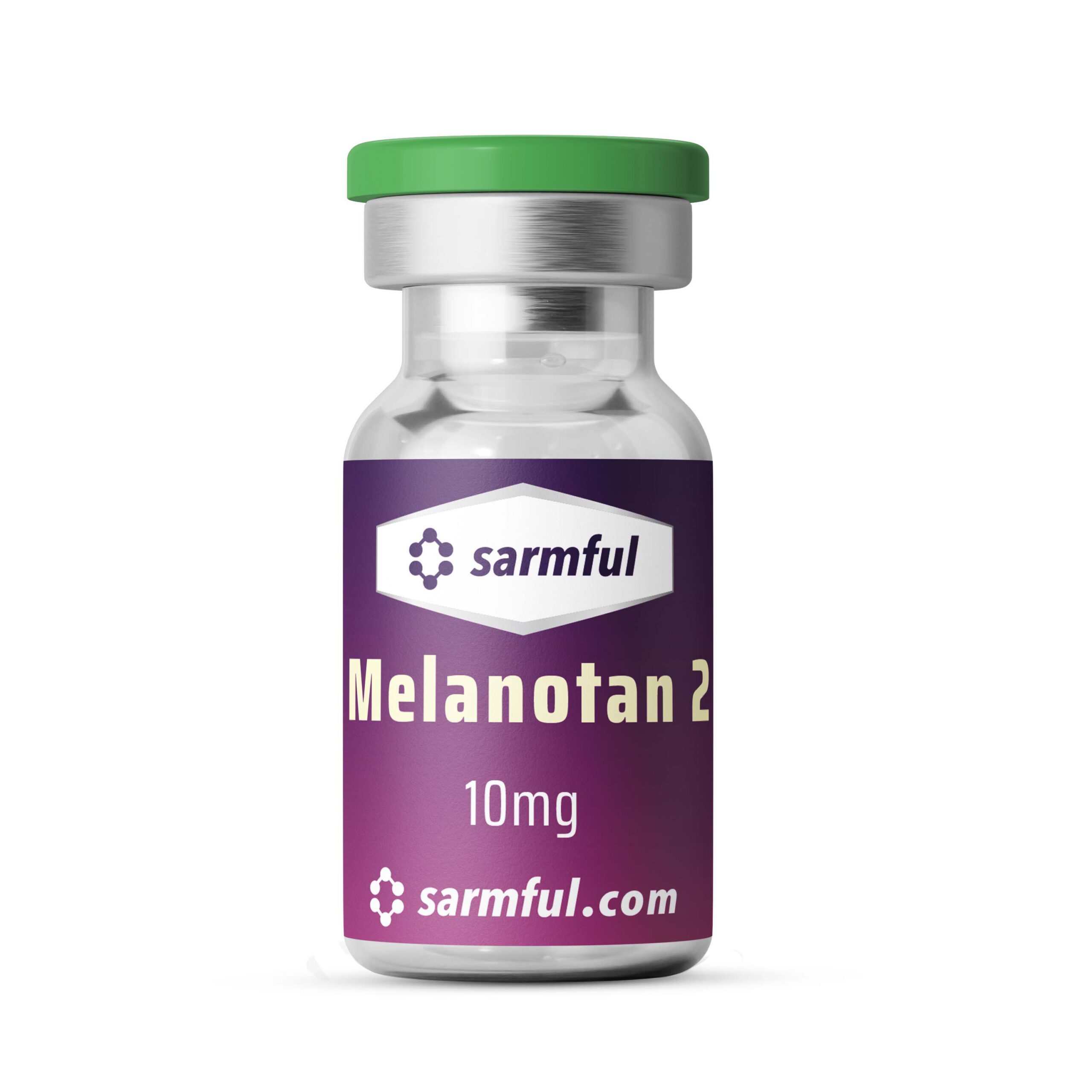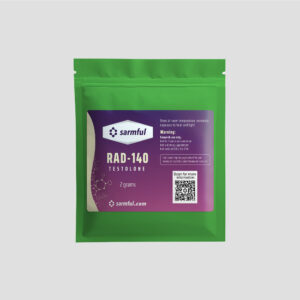General Information About Our Melanotan ii (MT-2)
Melanotan 2, also called MT-2, is a man-made form of a hormone naturally found in humans called alpha-melanocyte-stimulating hormone (αMSH). It has shown several benefits, such as boosting sexual arousal, enhancing skin tanning or pigmentation, reducing compulsive behaviors, aiding in controlling addiction, helping with appetite control and weight loss, and possibly easing symptoms of Autism according to some information.
Melanotan ii Benefits
Melanotan 2, a research compound, has various potential benefits. It might increase sexual arousal and improve skin tanning or pigmentation. It could also help reduce compulsive behaviors and assist in controlling addiction. Additionally, it may help with appetite control and weight loss. Some research suggests it could also ease symptoms of Autism.
Abuse Warning
Products sold on this site are solely for research purposes only and should not be consumed in any way shape or form by humans.
SARMs and the rest of the products sold on this site (sarmful.com) should only be used under the watchful eye of a trained and licensed medical or research authority. Sarmful.com strongly discourages the use of any products sold on this site in fields of various sports such as bodybuilding, achievement, competition sports, and others.
This item is an research compound still undergoing research trials and NOT FDA approved, nor it may ever be. In addition it is also not and should never be considered a dietary supplement. Sarmful.com is solely a research chemical supplier with unique strengths in sourcing a pure additive free compounds no more and no less. Sarmful.com discourages strongly against online consensus and various blogs/forums/videos and information received from people’s personal experiences with regards to health issues







Reviews
There are no reviews yet.